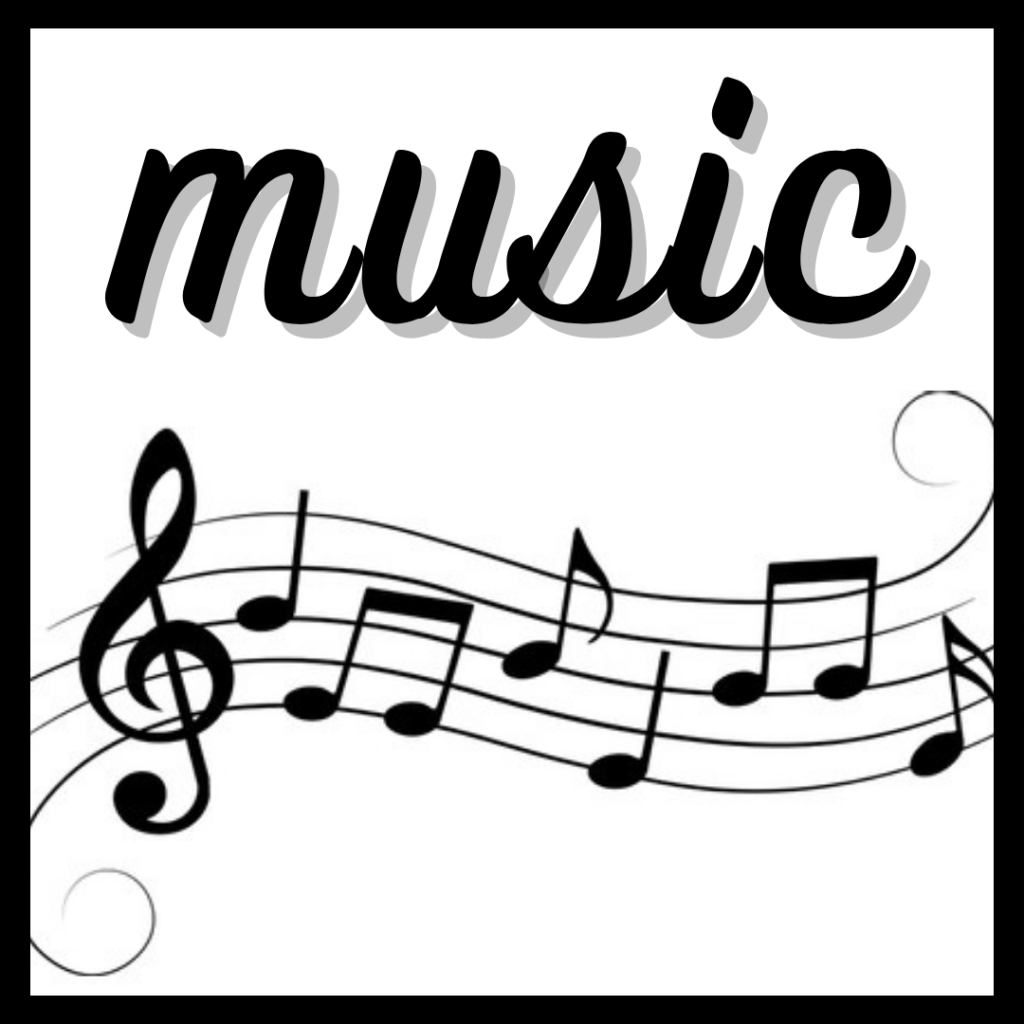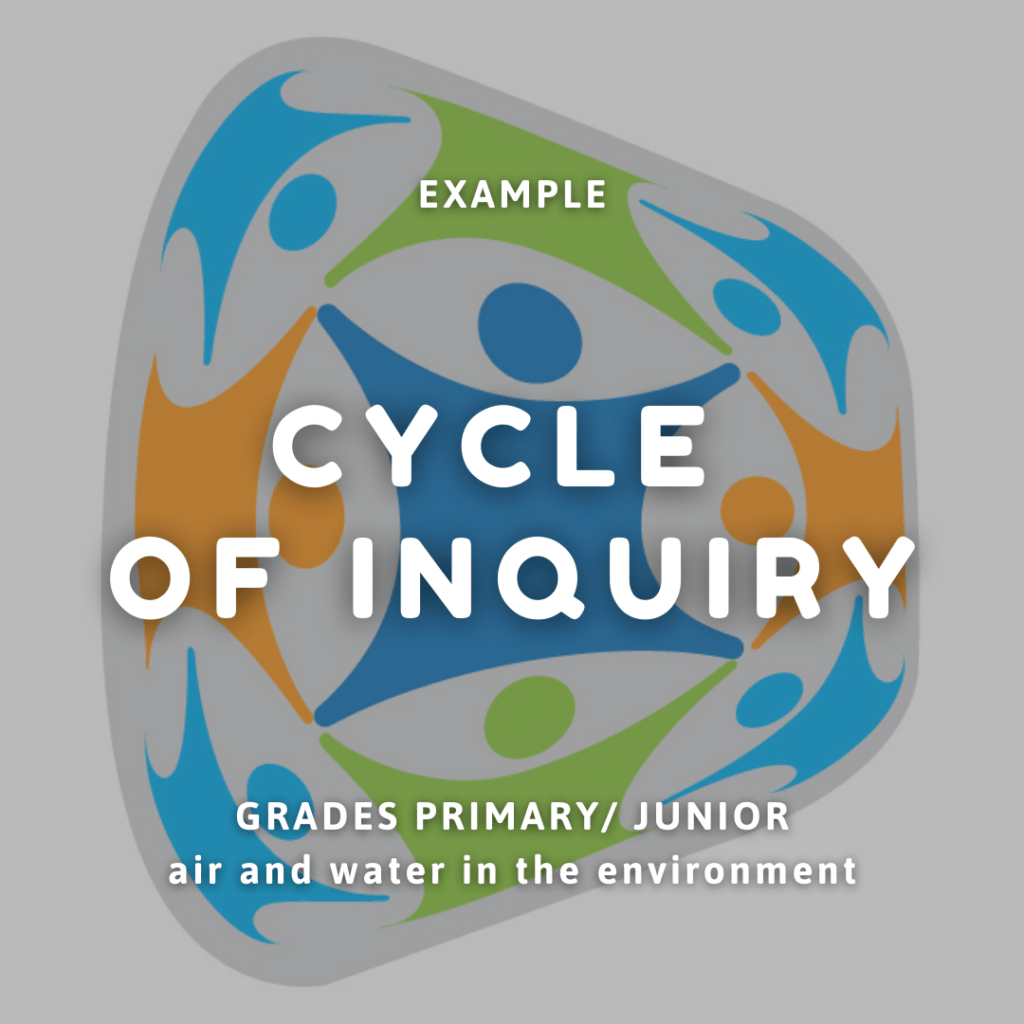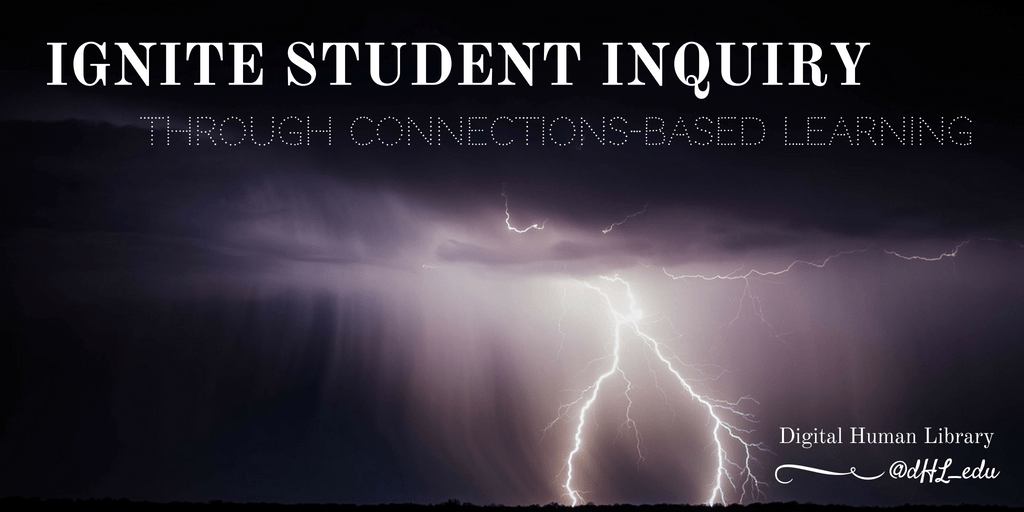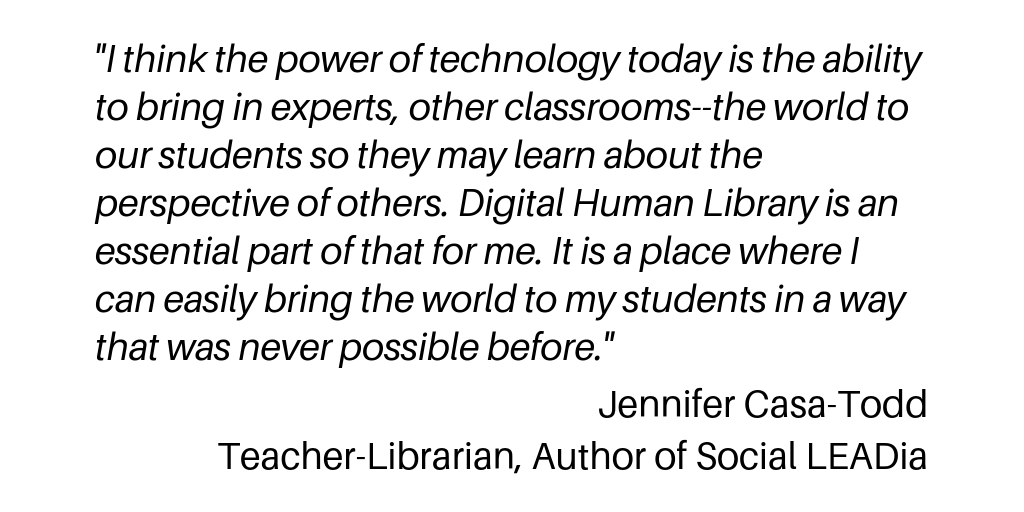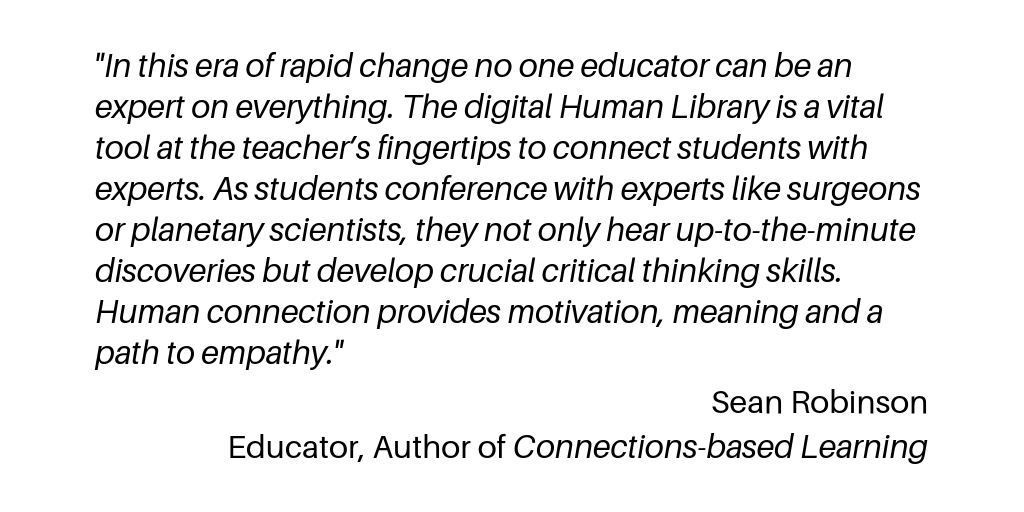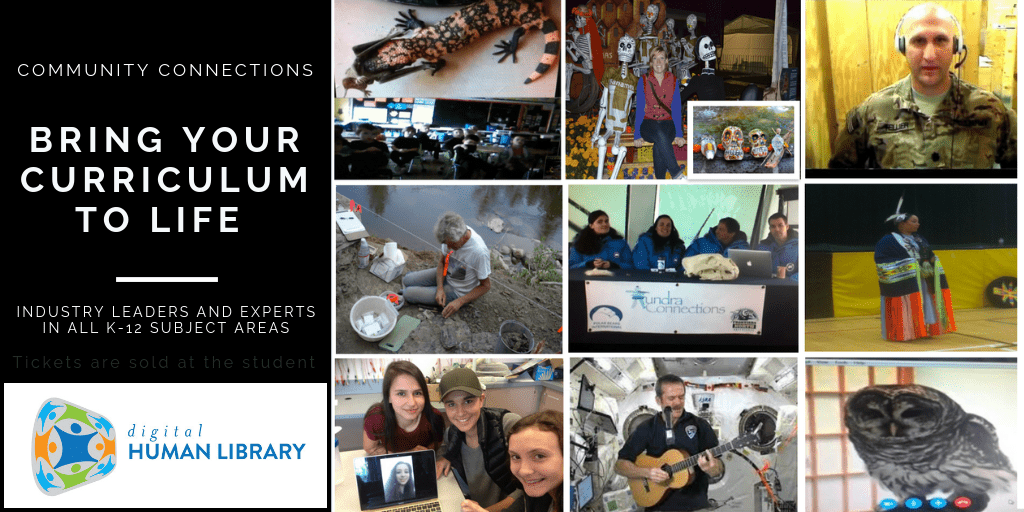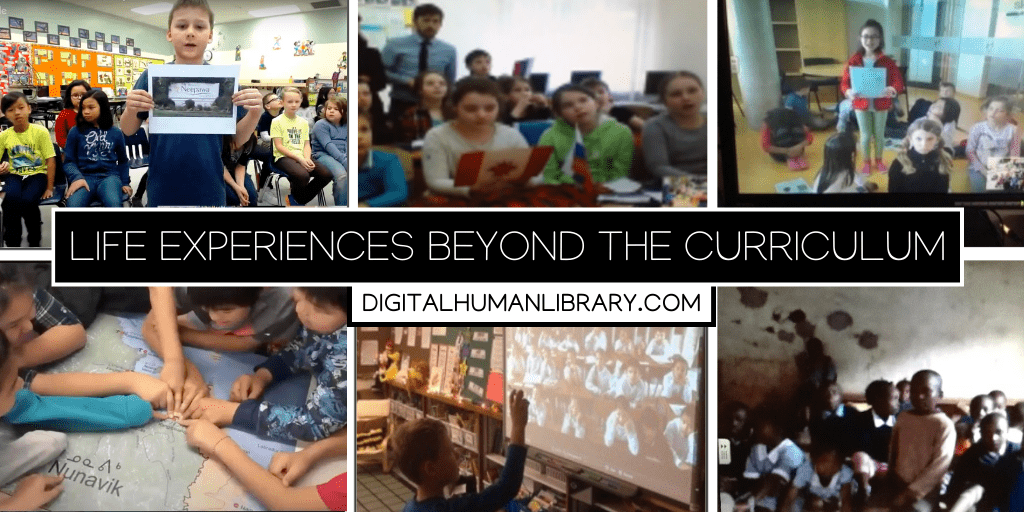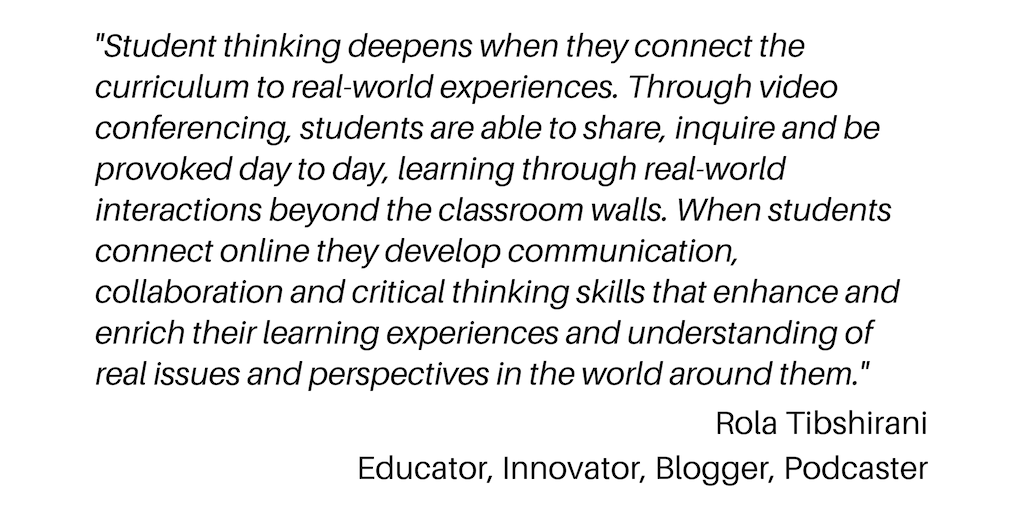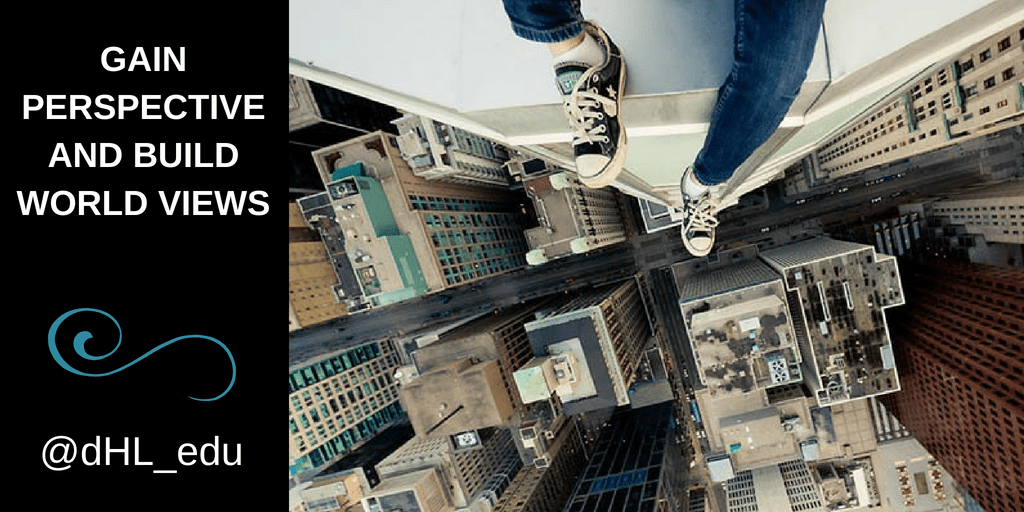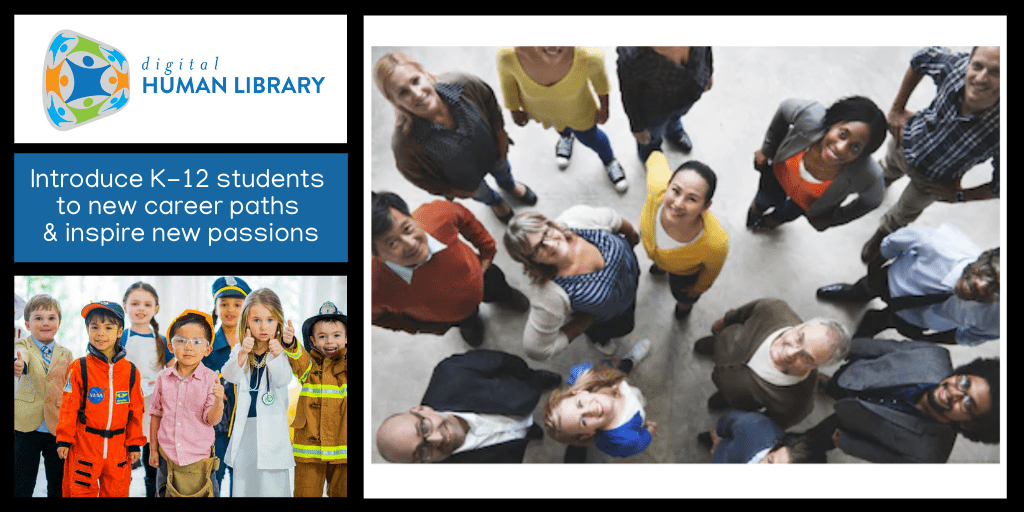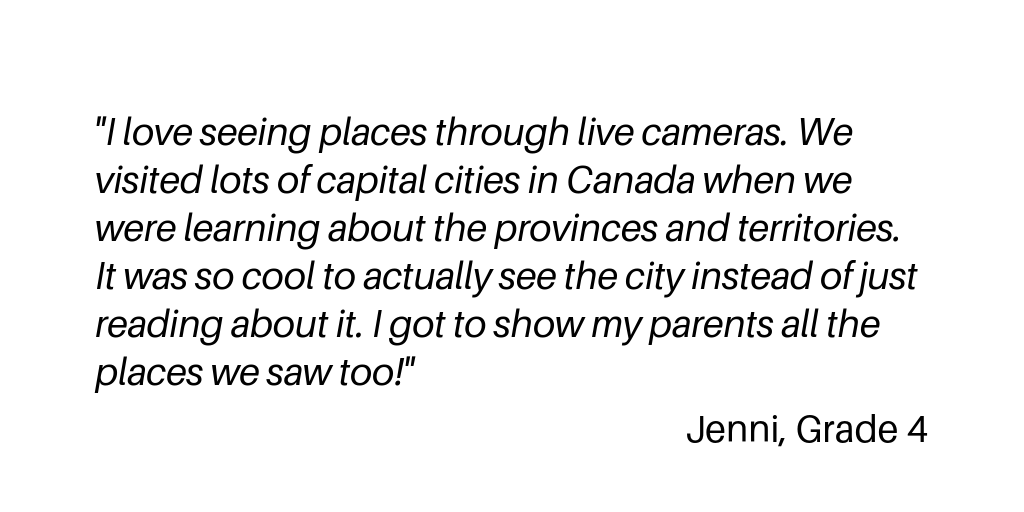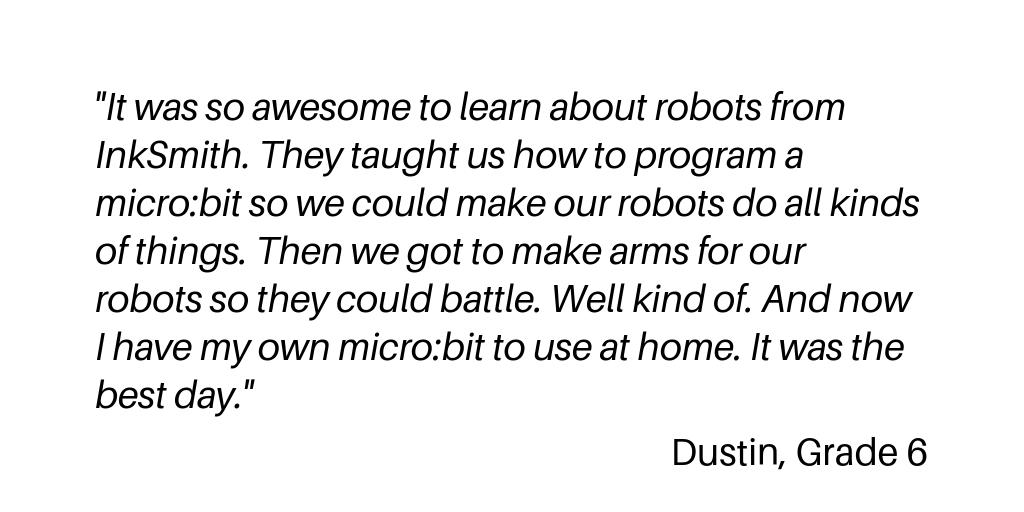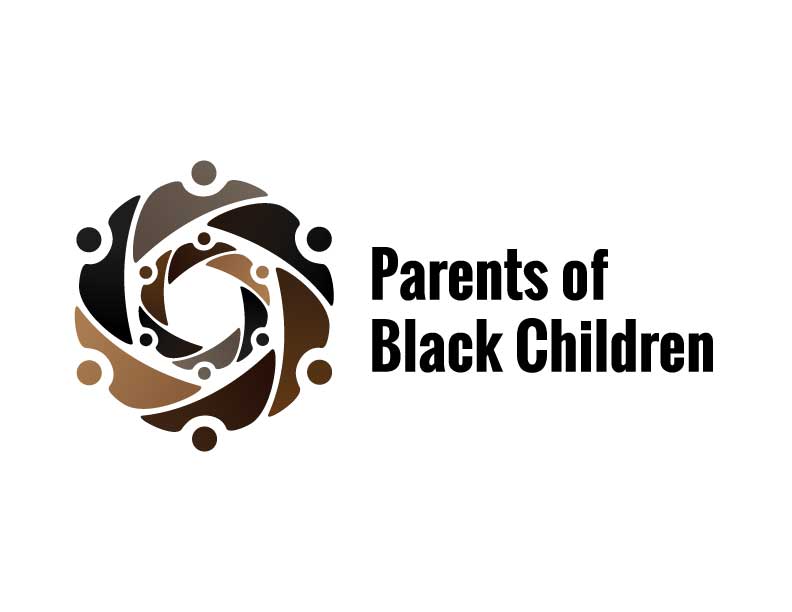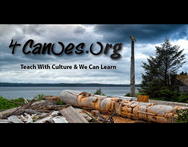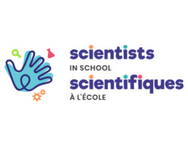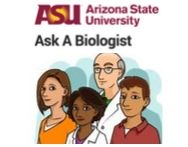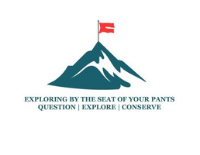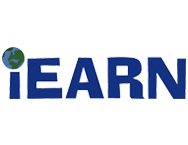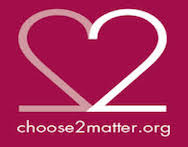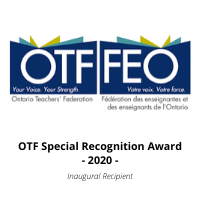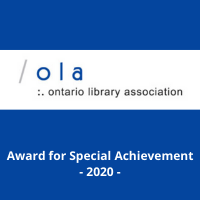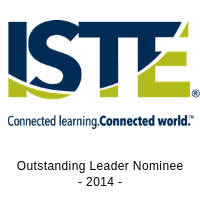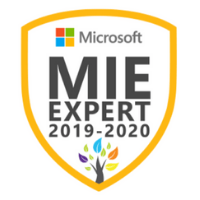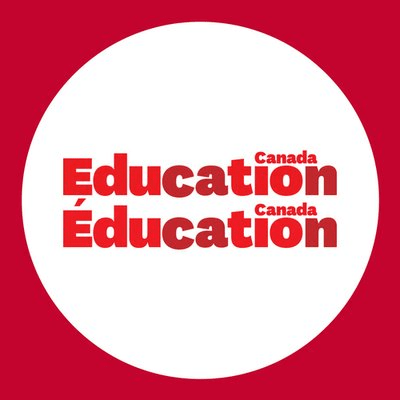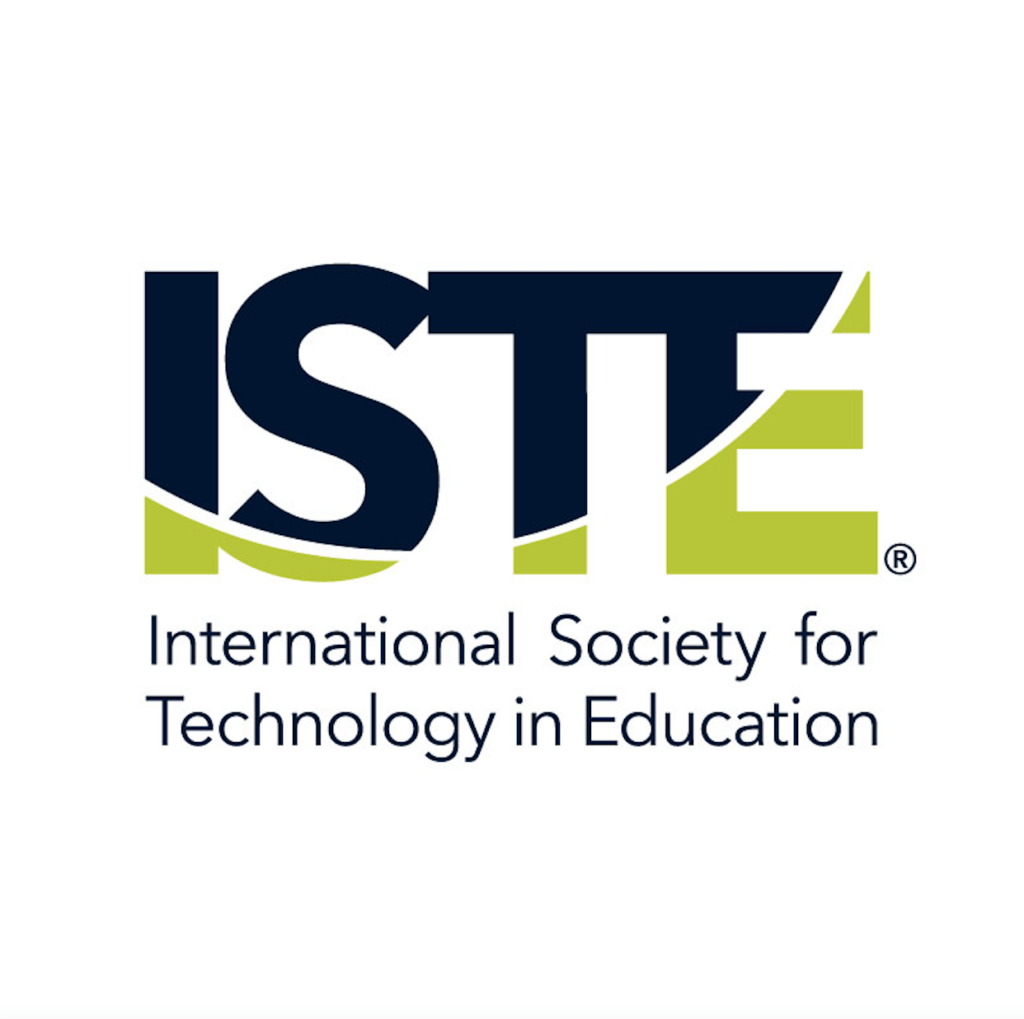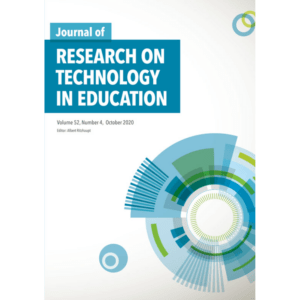This resource provides you with curriculum-based lesson ideas paired with dHL’s virtual content and subject-matter experts. Tee It Up by introducing a virtual tour/ virtual reality (vr) experience into a lesson, or Run With It by integrating virtual tours/ vr experiences with live streaming* programs and video conferences provided by dHL Experts.
*Live streaming programs are only available in Alberta and select districts on Ontario.
dHL Lesson Ideas & Classroom Examples
Curious about how dHL’s resources can be integrated into your classroom program to support student learning?
Browse our K-12 lesson ideas and classroom examples by selecting a curriculum subject area to get started!
ART
| Grades | All |
| Curriculum | Creating and Presenting; Reflecting, Responding, and Analysing; Exploring Forms and Cultural Contexts Concepts: Elements of Design; Principles of Design |
| Lesson Ideas | Basic elements of design (color, line, shape, form, and texture); developing your skills of creative expression. |
 | Andy Warhol Museum Artsy Education (Making all the world’s art accessible to anyone with an internet connection. Browse artwork, collections and over 1000 categories including subject matter, time period, styles, movements, mediums and techniques.) |
| Program Topics | The Arts |
 | Art Gallery of Ontario Children’s Book Illustrators |
| Program Topics | Art and the creative process; Art and the Canadian identity; Indigenous art and artists, etc. |
ART
| Grades | All |
| Curriculum | Creating and Presenting; Reflecting, Responding, and Analysing; Exploring Forms and Cultural Contexts Concepts: Elements of Design; Principles of Design |
| Lesson Ideas | Exploring forms of art (painting, architecture, sculpture, literature, music, performing, and cinema); developing your skills of creative expression. |
 | Google Arts and Culture: Street Art National Museum of Women in the Arts |
| Program Topics | The Arts |
 | Art Gallery of Ontario National Gallery of Canada |
| Program Topics | Paintings/ painters, architecture/ architects, sculpture/ sculptors, literature/ literary icons, music/ musicians, cinema, etc. |
DRAMA/ DANCE
| Grades | All |
| Curriculum | Creating and Presenting; Reflecting, Responding, and Analysing; Exploring Forms and Cultural Contexts Elements: body, space, time, energy, relationship |
| Lesson Ideas | Exploring movement and the elements of dance in the environment |
 | The Northern Lights |
| Program Topics | The Arts |
 | Travelling Stage |
| Program Topics | Participate in dance, drama and music workshops alongside established performing artists. |
GEOGRAPHY
| Grades | 7-9 |
| Curriculum | Interactions in the Physical Environment; Natural Resources around the World: Use and Sustainability |
| Lesson Ideas | Apply the geographic inquiry process while exploring and comparing physical environments around the world and the natural resources they produce. |
 | Australian Outback Guilin Mountains, China Parks Canada 360 Underwater National Park | National Geographic |
| Program Topics | Social Studies |
 | National Parks Conservationists |
| Program Topics | Physical environments, land formations, natural resources, conservation, sustainability, etc. |
HEALTH
| Grades | All |
| Curriculum | Healthy Living; Active Living |
| Lesson Ideas | Healthy eating, food groups, physical and mental health, safety, fitness |
 | TouristTube: Best restaurants in 360 virtual tour |
| Program Topics | Life Sciences |
 | Nutritionist Chef Personal Trainer Dancers |
| Program Topics | Healthy eating, nutrition, fitness, mental health, well-being, mindfulness, etc. |
HISTORY
| Grades | 11 |
| Curriculum | World History since 1900: Global and Regional Interactions |
| Lesson Ideas | Explore history through multiple perspectives and mediums |
 | American Museum of Natural History Canadian Museum of Civilization National Women’s History Museum |
| Program Topics | Social Studies |
 | American Historian Friends of Simon Wiesenthal Center Canadian Civil Rights Museum Passages to Canada (storytelling initiative of Historica Canada) Rusul Alrubail, Refugee Crisis Expert |
| Program Topics | Immigration, the experience of being a refugee, human rights, civil rights, Holocaust, genocide, etc. |
LITERACY
| Grades | All |
| Curriculum | Writing, Reading, Media Literacy, Oral Language |
| Lesson Ideas | Developing your skills as a writer (writer’s craft), storytelling; Developing your skills as a reader; Developing your skills as an illustrator; Computer programming |
 | Canadian Museum of History (evolution of storytelling) American Writer’s Museum Virtual Hub Australia’s Oral History Collection (Indigenous oral storytelling) National Museum of Computing (language of computing) |
| Program Topics | English Language Arts and World Languages |
 | Authors Oral historians Poets Illustrators |
| Program Topics | Writing, writer’s craft, editing, publishing, storytelling, illustrating, etc. |
MATH/ SCIENCE
| Grades | 11, 12 |
| Curriculum | Mathematics for Work and Everyday Life, Workplace Preparation The Mathematical Process: Problem Solving, Reasoning and Proving, Reflecting, Selecting Tools and Computational Strategies, Connecting, Representing, Communicating |
| Lesson Ideas | Assessments of financial security systems, with a focus on their complexity, their mathematics, and their mechanisms (e.g. financial risks associated with natural disasters, insurance, etc.) |
 | Experience an earthquake in VR Stand in Waist-Deep Floodwaters of Hurricane Nate (360 video) Storm Chaser Reports from Eyewall of Hurricane |
| Program Topics | Math and Technology |
 | Canadian Institute of Actuaries Tornado Hunters |
| Program Topics | Risk assessment Natural disasters |
MUSIC/ SCIENCE
| Grades | 1-4, 7,8, 11 |
| Curriculum | Music Curriculum: Creating and Presenting; Reflecting, Responding, and Analysing; Exploring Forms and Cultural Contexts Elements of Music: duration, pitch, dynamics and other expressive controls, timbre, texture/ harmony, form Science Curriculum: Understanding Life Systems: Grade 1: Needs and Characteristics of Living Things Grade 2: Growth and Changes in Animals Grade 3: Growth and Changes in Plants Grade 4: Habitats and Communities Grade 7: Interactions in the Environment Grade 8: Systems in Action Grade 11: Biology, Plants in the Natural Environment, Plant: Anatomy, Growth, and Function Grade 12: Biology, Population Dynamics |
| Lesson Ideas | Exploring music and movement in nature and the environment, growth and changes in plants and animals, ecosystems, pollution, stewardship |
 | Resistance of Honey Master (360 video) – BBC News (an urban Beekeeper and his bees, make honey – and music – from inside the beehive) Be the Bee – A Hive to Table Experience |
| Program Topics | The Arts, Life Sciences |
 | Bee Keeper Elizabeth Weigandt, Author of the Queen Bee Series (stories that take place in the world of honeybees) |
| Program Topics | History of beekeeping, how critical bees are to our food system, colony collapse disorder, the basics of a beehive design, bee biology, and how honey bees communicate through smell, sound, and dance. |
MUSIC
| Grades | All |
| Curriculum | Creating and Presenting; Reflecting, Responding, and Analysing; Exploring Forms and Cultural Contexts Elements of Music: duration, pitch, dynamics and other expressive controls, timbre, texture/ harmony, form |
| Lesson Ideas | Create original music across genres, hear insights from professional musicians, collaborate with professional musicians, learn how to conquer stage fright; learn about the orchestra, explore music as a career |
 | Carnegie Hall |
| Program Topics | The Arts |
 | Mark Carbone, Venturi Winds Quintet, Cambridge Symphony Orchestra |
| Program Topics | Chamber music, clarinet, performance, orchestra, composing, etc. |
PHYS. ED
| Grades | 4-8 |
| Curriculum | Active Living, Movement Competence |
| Lesson Ideas | Movement combinations, manipulation skills (throwing, catching, and retaining), body awareness, spatial awareness, effort, strength, conditioning, simple movement principles, sports, etc. |
 | Extreme Sports VR / 360 Video Experience The Modern Olympic Games | 360 VR Video | The New York Times Eagles Defensive Line 360 Video | Ep. 1 | NFL Immersed |
| Program Topics | Life Sciences |
 | Live Well for Life, Personal Training Beyond Kung Fu |
| Program Topics | Fitness, healthy living, movement, coordination, focus, respect for our bodies and minds, personal growth, character development |
SCIENCE
| Grades | 6 |
| Curriculum | Understanding Structures and Mechanisms, Flight |
| Lesson Ideas | Flight, aviation, flying devices, simple machines, properties of air, space, travel, war, etc. |
 | Military Aviation Museum Tour In 360 VR Delta Airlines Operations Heathrow Airport Live Cam Hubble Control Center Virtual 360 Tour |
| Program Topics | Earth and Space Sciences, Physical Science |
 | Retired Flight Engineer, US Air Force Canadian Aviation and Space Museum |
| Program Topics | Science, energy, space, planets, planes, airplanes, pilots, war, history, atmosphere, space shuttle, aerospace, astronauts, night sky, stars, space, energy, physics, math, pulleys, gears, levers, wheels and axles, ramps, environment |
SOCIAL STUDIES
| Grades | 3, 4, 5, 6 |
| Curriculum | Heritage and Identity: Grade 3: Communities in Canada, 1780–1850 Grade 5: First Nations and Europeans in New France and Early Canada Grade 6: Communities in Canada, Past and Present People and Environments: Grade 5: The Role of Government and Responsible Citizenship Grade 6: Canada’s Interactions with the Global Community |
| Lesson Ideas | Interactions and interrelationships between different Peoples, perspectives on cooperation and conflict, government structures, rights and responsibilities, contributions to Canada’s development, differing experiences related to the development of Canada, identity, culture, etc. |
 | Saskatchewan Indian Cultural Center Exhibit Canada’s Missing and Murdered Aboriginal Women: VR Documentary including subject matter, time period, styles, movements, mediums and techniques.) |
| Program Topics | Social Studies |
 | National Gallery of Canada Sarah Thompson, Treaty 6 Education Council |
| Program Topics | Learn about Indigenous cultures and perspectives, First Nations, Metis and Inuit artists, First Nations in Saskatchewan (16 Cree First Nations schools), etc. |
CYCLE OF INQUIRY
UNDERSTANDING EARTH & SPACE SYSTEMS
Air & Water in the Environment
Pedagogical Approach
The example provided is designed to help you conceptualize how student inquiries provide the foundation for an experiential model for learning in any K-8 curriculum subject area that can be supported by virtual content and live programs delivered by dHL Experts. Using a class blog, student blogs, and Twitter to document the process and products of learning, these platforms also serve as online learning environments that help students develop critical digital literacies, global competencies/ transferable skills, and digital citizenship.
Experiential Learning Cycle
1. Concrete experience followed by
2. Observation of and reflection on that experience which leads to
3. Formation of new knowledge, skills, and abstract concepts which are then
4. Applied to test hypotheses in future situations, resulting in new experiences
*Effective learning only occurs when a learner progresses through all four stages.
Assessment
Co-create learning goals and success criteria with students (connect to your curriculum).
Gather and document conversations, observations and products of learning based on learning goals and success criteria (triangulate assessment data).
Engage students in self-assessment and peer assessment throughout the inquiry (build character, metacognition, critical thinking, and problem solving skills)
Minds On
Create a QR code to a padlet Wonder Wall and ask students to post their questions.
Intro Inquiry-based Activities (Wonder Wall Questions)
What is water?
Online research to find images of water to help answer the above question.
→ How do we save an image?
- Integrate lessons about:
- How to search and locate royalty free images online using a search engine
- CreativeCommons (CC licensed images)
- Copyright
- Attributribution
- Sharing
Online research to find information about water to help answer the above question.
→ How do we know what we read online is true?
- Integrate lessons about:
- Searching and locating information online using a search engine
- Evaluating websites
- Synthesizing information
- Communicating information
Inquiry-based Activities (Wonder Wall Questions)
Where do we get clean drinking water?
dHL Expert: Safe Drinking Water Foundation
Program: Operation Water Flow; Operation Water Pollution; Operation Water Drop (modified for grade 2)
Program Overview: Educate students about drinking water quality issues to realize the goal of safe drinking water being available to every Canadian.
Virtual Tour/VR: Water Treatment Plant 3D Virtual Tour
Content: Tour a Wastewater Treatment Plant and learn how these facilities recycle the water and waste we flush down the drain.
Virtual Tour/VR: Water Treatment Processes Virtual Tours
Content: Turning Seawater into Drinking Water; Inside a wastewater treatment plant; Discover groundwater replenishment; Treating groundwater for drinking
How is water stored underground?
dHL Expert: Texas Wildlife Association
Program: Aquifers
Program Overview: From raindrops to aquifers, students are challenged to think about where water comes from, how it got there, where it ends up, and how it is being used.
Virtual Tours/VR: Walking on Water
Content: Aquifer Virtual Tour (underground)
Water Cycle Experiments (lightening, thunderstorms, tornado)
dHL Expert: Geoff Coulson, Environment Canada
Program: Collaborative learning partner on class blog
Program Overview: Answer student questions about weather as they arise and provide links to relevant information online to further student learning.
Virtual Tours/VR: Tornadoes
Content: Experience tornadoes in 360° and/or stand inside a tornado in VR
What is the hottest place on Earth?
Virtual Tours/VR: NASA’s Vizualization App
Content: Deserts
What is the coldest place on Earth?
Virtual Tours/VR: NASA’s Vizualization App
Content: Icebergs
How do polar bears survive in Antarctica?
dHL Expert: North Carolina Zoo
Program: Animal habitats, Adaptation
Program Overview: Mammal habitats and adaptations for survival.
dHL Expert: Polar Bears International
Program: Tundra Connections
Program Overview: The study of polar bears and their habitats. Research about the effects of global warming on polar bears.
Virtual Tours/VR: Live polar bear cams
Content: Watch polar bears in their natural habitats in Ontario and Manitoba
How can we help the Polar Bears?
dHL Expert: Michael Furdyk, TakingITGlobal
Program: Your Carbon Footprint
Program Overview: Learn how to reduce your carbon footprint. Take the 90 challenge.
Reflection
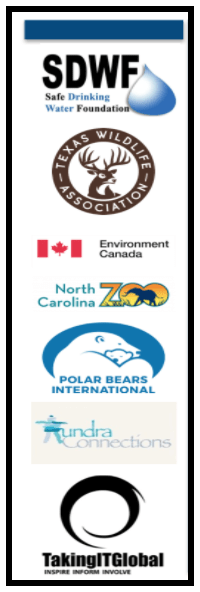
As I reflect back on the science program I used to deliver, and compare it to the science program my students created, not only did their inquiries lead them through the curriculum in an integrated and multi-disciplinary way, but they were engaged and motivated to learn. My students were given voice and choice and as a result took ownership of their own learning.
I learned that as teachers we do our students our huge disservice by positioning ourselves as the only knowledgeable other in the room. When we invite dHL Experts into our classrooms we teach students the importance of networking and the invaluable role relationships play in creating an experience of learning. We show students that asking for help is an act of empowerment, and that teachers are learners too.
No significant learning happens without a significant relationship ~Dr. Comer







